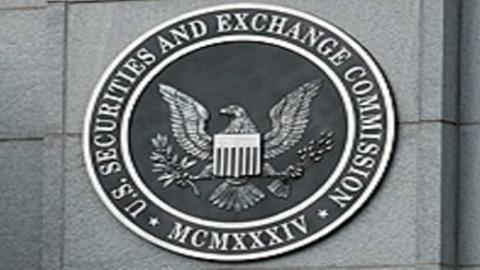Zumo Unveils MiCA Readiness Report at Davos: Key Insights for Crypto Compliance
The recent report presented at the World Economic Forum (WEF) in Davos, Switzerland, sheds light on the crucial aspects of sustainability in crypto-assets. With engaging discussions centered on the future of sustainable development and innovation, this report highlights the challenges faced by the industry in complying with the MiCA (Markets in Crypto-Assets) regulation.
Key Findings from the Sustainability Report
The report reveals that 75% of respondents are “very familiar” with the MiCA regulation. However, less than a third feel adequately informed about sustainability disclosure requirements. Here are some challenges identified:
- Unclear regulatory requirements: 50% of respondents consider this the biggest obstacle.
- Lack of resources: 38% pointed out insufficient resources to meet these requirements.
- Information scarcity: 31% highlighted a lack of information necessary for compliance.
Expert Insights on Compliance Challenges
Peter Kerstens, an adviser at the European Commission, emphasized the importance of sustainability in crypto-assets. He stated, “Sustainability of crypto-assets, particularly their validation protocols, is a key policy concern. MiCA includes disclosure requirements to inform consumers and investors about the sustainability of crypto-assets.” He urged Crypto Asset Service Providers (CASPs) to view MiCA not just as a compliance requirement, but as an opportunity to access the EU-wide market.
Risks Associated with Non-Compliance
According to Zumo’s report, the potential risks of non-compliance are significant. The findings indicate:
- Reputational damage: 75% of respondents view this as the greatest risk.
- Loss of customers due to sanctions: 69% are concerned about this possibility.
- Loss of customer trust: 31% highlighted the risk of eroding trust among clients.
Call for Greater Regulatory Engagement
Kirsteen Harrison, sustainability director at Zumo, commented on the findings, stating, “Our report emphasizes that sustainability policy outcomes are unlikely to be achieved without further regulatory engagement. We have come to Davos to promote collaboration between the industry and Europe’s regulatory bodies.” She stressed the need to close knowledge gaps surrounding MiCA and help crypto companies understand the broader sustainability agenda.
Supporting a Sustainable Crypto Future
Harrison added, “By fostering dialogue, championing actionable steps, and providing new, accessible solutions, we aim to support the transition towards a more transparent, sustainable, and compliant crypto industry.”
For more information on sustainability in crypto-assets, you can visit World Economic Forum.







